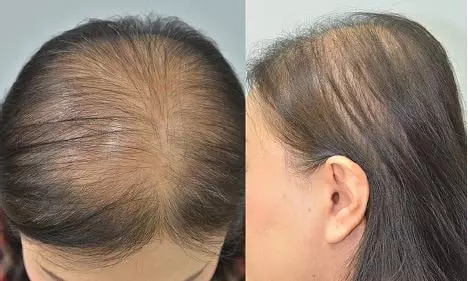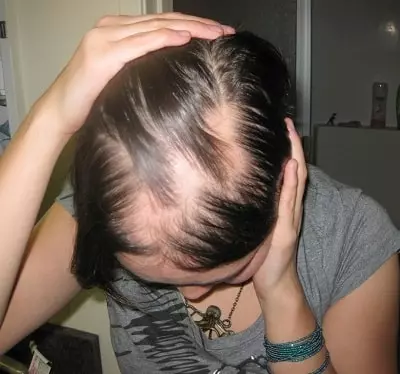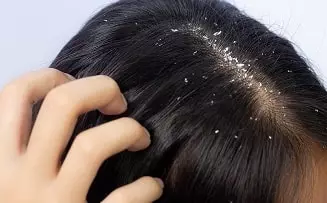6 Signs your Hair is telling you about your Health
Shedding of 50 to 150 hairs strand is natural and relatively digestible because humans have 1 lakh to 1.5 lakh hairs over their heads. We invest a lot of time and money in hair grooming, visiting different hair spas and salons for haircuts for both women and men, but when you start noticing a lot of hair strands, that’s a dangerous sign for overall health. The potential health issues that lead to hair loss are given below.

Role of Zinc Insufficiency in hair loss
Zinc, a trace element low in concentration, is demanded in significantly smaller quantities. Still, it’s necessary for numerous biochemical processes in the human body. The cell replication, production, and maintenance of hormones, vitamins, minerals absorption, and protein synthesis depend on zinc.
When the body lacks enough zinc to meet the metabolic demand, it leads to zinc insufficiency. Zinc insufficiency is also called hypozincemia. It’s caused due to lack of zinc input or malabsorption of zinc in the body.
Factors driving hypozincemia are renal dysfunction, liver problems, diabetes, diarrhea, or cancer. Massive hair loss is the most visible sign of hypozincemia so zinc can be a driving factor. The lack of A and D vitamins can also activate zinc insufficiency.
Cushing pattern
Cushing pattern is a rare condition due to an increase in the cortisol hormone. The increased cortisol makes the hair brittle and dry. Minimize Glucocorticoid doses can reverse the effect.
Hair thinning due to Thyroid disease

The potential thyroid disease leads to thinning of hairs. There’s a condition known as hypothyroidism, where people don’t have much thyroid hormone secreted from the thyroid gland. The less hormone increases hair fall, resulting in lesser hair volume.
Other hypothyroidism symptoms are muscle pain, cold intolerance, a dull face, and increased weight. You can diagnose this from the TSH test. The thyroid disorder can also trigger alopecia areata, an autoimmune disease where the immune system attacks hair follicles resulting in hair fall in round patches.
Anemia or iron insufficiency
Anemia can be a reason for the excessive shedding of your hair. It’s a condition of low iron accumulation in the body due to less production of iron-producing ferritin blood protein cells.
A significant population of women suffers from it due to poor diet and heavy period blood flow; vegetarians are also on the list of frail anemic patients. The relationship between iron deficiency and hair fall has yet to be discovered.
Still, as we know, iron plays a vital part in various biochemical processes, so iron is essential for hair growth and vice versa. A balanced diet and iron supplement can reverse hair-shedding.
Occasional hair fall occurs during and after pregnancy due to sudden changes in estrogen levels. The doses of birth control capsules give sudden hype to estrogen levels triggered by hair fall.
Sign hair needs Protein
One of the critical signs of hair loss is protein deficiency. As we know, proteins are building blocks of the body, and our hair is also made of a protein called keratin. However, If you lack protein, it results in hair loss. The other symptoms of protein deficiency are feeling worn out and difficulty doing intense activities like running and lifting; if you notice massive hair loss, your body needs protein. Protein insufficiency can reverse by adding more protein to your diet. Some good protein sources are chicken, fish, tofu, grains, and nuts. If the problem is still the same, consider consulting a doctor.
Dandruff or Seborrheic dermatitis

Infants are more vulnerable to this disease. It’s caused by microbes called Malassezia globosa. The symptoms of this disease are crusty and moist patches of white and yellow scalps due to oleic acid produced by microbes, Commonly known as dandruff. Stress, hormonal changes, and soap also caused Seborrheic dermatitis.

